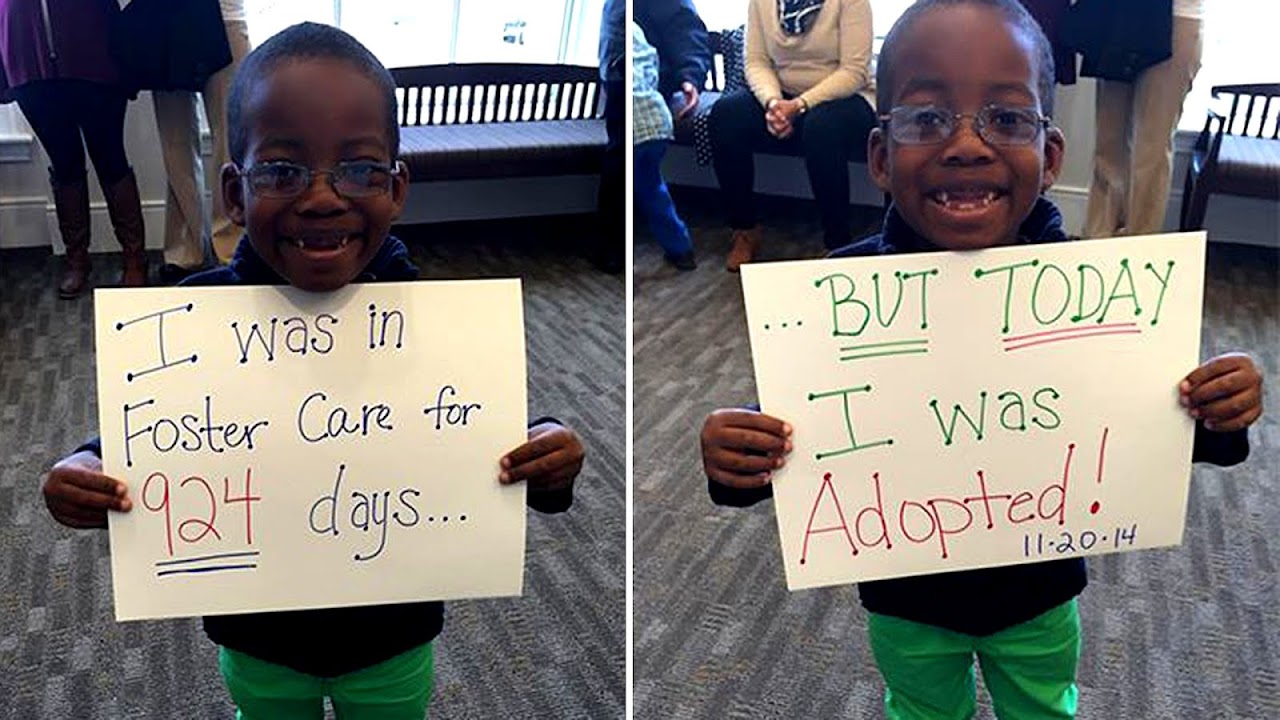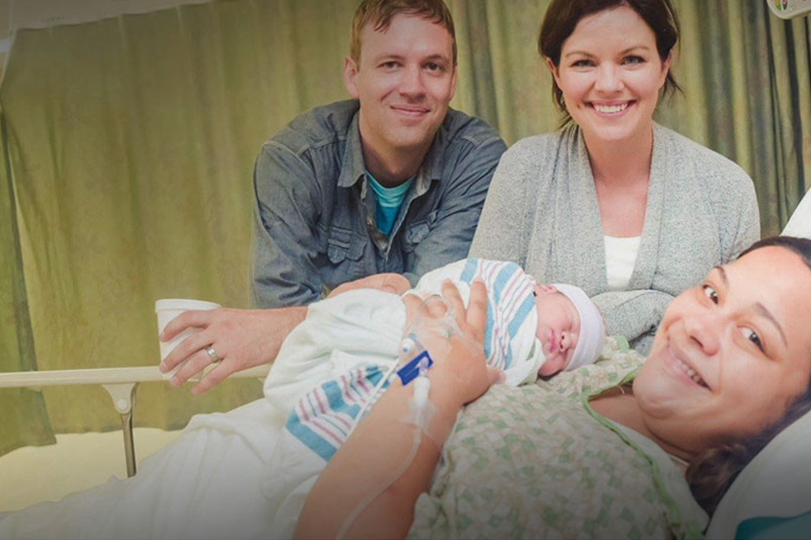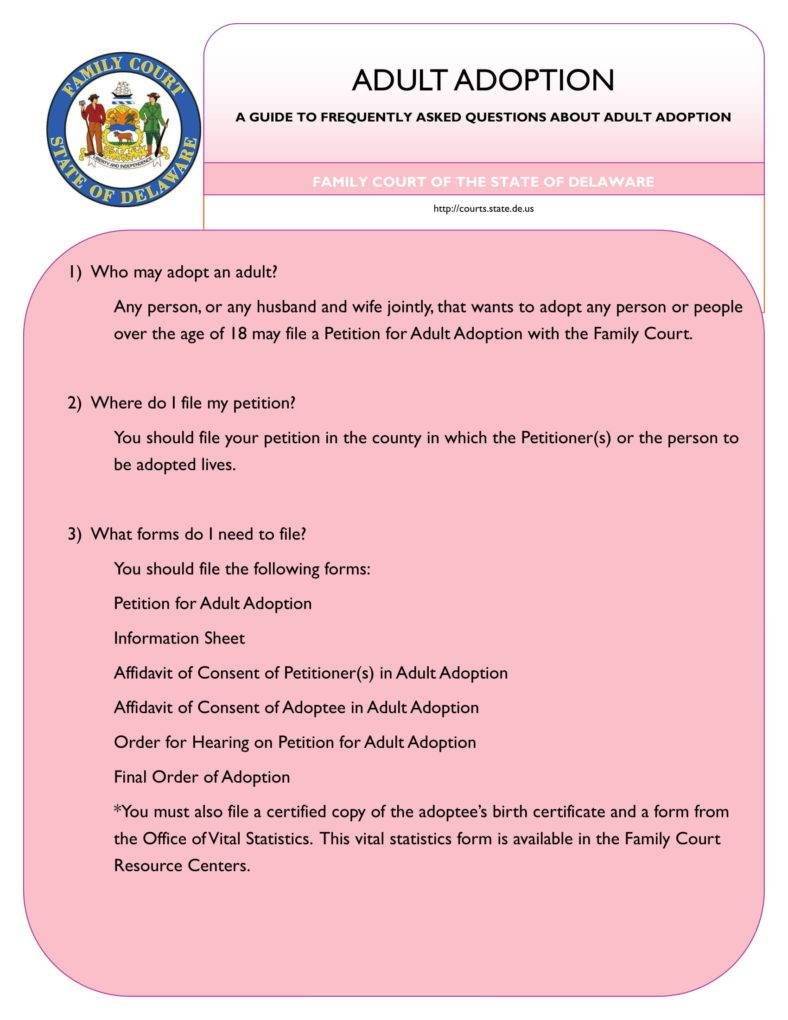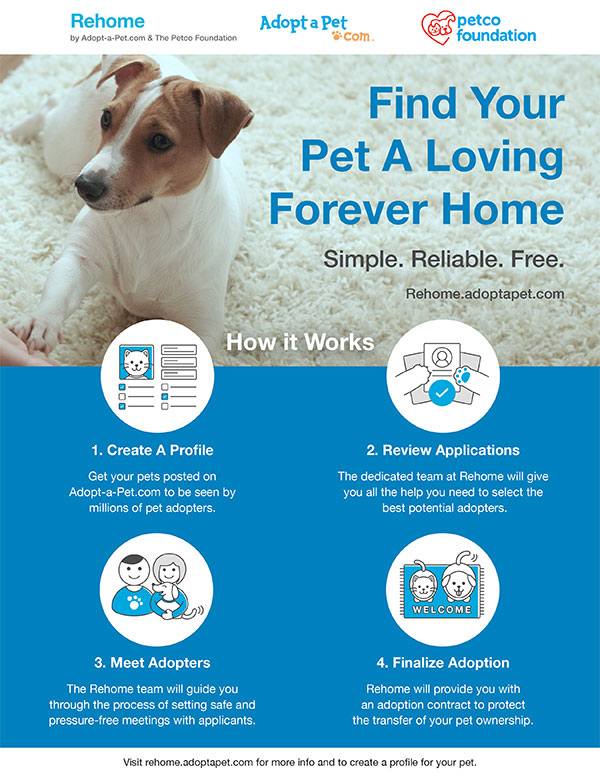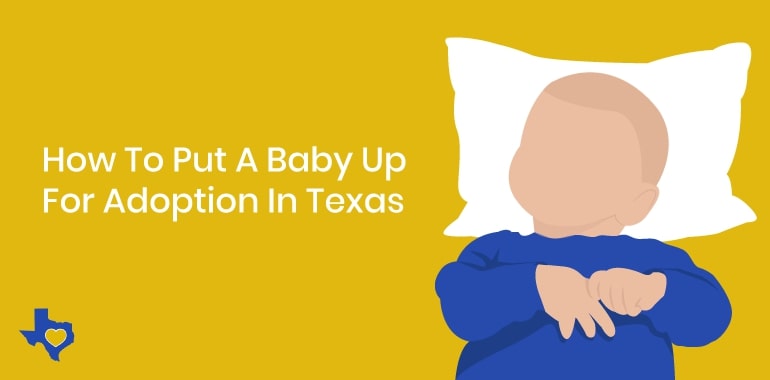How Do You Put Someone Up For Adoption

Facing an unplanned pregnancy or feeling unable to provide the necessary care for a child is an incredibly difficult and emotionally charged situation. The decision to consider adoption is never easy, and understanding the process is crucial for ensuring the well-being of both the child and the birth parent(s).
This article aims to provide a comprehensive overview of how to initiate the adoption process, focusing on the legal and practical steps involved. It emphasizes the importance of professional guidance and informed consent throughout this complex journey.
Understanding the First Steps
The first step is acknowledging that you are considering adoption as an option. This realization can be overwhelming, and seeking support from trusted friends, family, or counselors is vital.
Professional guidance from a qualified adoption agency or attorney is paramount before making any definitive decisions. They can explain your rights, legal responsibilities, and all available options, including parenting.
Contacting an Adoption Agency or Attorney
Choosing the right adoption agency or attorney is critical. Look for licensed and reputable organizations or individuals with extensive experience in adoption law in your state.
During the initial consultation, be prepared to discuss your situation, reasons for considering adoption, and any preferences you might have regarding the adoptive family. Ask detailed questions about the agency’s fees, services, and track record.
A good agency will offer counseling services to help you explore your feelings and make an informed decision. They will also explain the different types of adoption, such as open, semi-open, and closed adoption.
The Legal Process of Adoption
Once you've decided to proceed with adoption, the legal process begins. This involves signing legal documents relinquishing your parental rights.
Relinquishment is a legally binding act, and it's crucial to understand its implications. Most states have a waiting period after the birth of the child before relinquishment can occur.
An adoption attorney or agency representative will guide you through the paperwork and ensure you understand each document. They will also witness your signature and file the necessary paperwork with the court.
Consent and Revocation
Consent to adoption is a critical component of the legal process. You must give your informed consent freely and voluntarily, without any coercion or pressure.
Some states allow a brief revocation period after signing the relinquishment papers, during which you can change your mind. The length of this period varies by state, so understanding the specific laws in your location is essential.
After the revocation period expires, the relinquishment is typically irreversible, and your parental rights are terminated.
Matching with an Adoptive Family
Many adoption agencies allow birth parents to participate in the selection of the adoptive family. You may review profiles, photos, and letters from prospective adoptive parents.
Some agencies facilitate meetings or phone calls between birth parents and adoptive parents, depending on the preferences of all parties involved. This is a chance to build a connection and ask questions.
Ultimately, the decision of which family will adopt your child rests with you, although the agency can offer guidance and support. Finding a loving and stable home is the primary goal.
Open vs. Closed Adoption
Adoption can be either open or closed. Open adoption involves ongoing contact between the birth family and the adoptive family, while closed adoption means no contact.
Semi-open adoption involves some level of communication, often facilitated through the adoption agency. The decision about the level of openness is a personal one and should be carefully considered.
Discuss the pros and cons of each type of adoption with your adoption agency or attorney to determine what is best for you and your child.
Post-Adoption Support
Even after the adoption is finalized, support is often available for birth parents. This may include counseling, support groups, and access to resources.
Many adoption agencies offer post-adoption services to help birth parents process their emotions and adjust to their new reality. It's important to take advantage of these services.
Remember that you are not alone, and there are people who care and want to support you throughout this journey. The Adoption Network Law Center and similar organizations can offer assistance.
The Future of Adoption Practices
Adoption practices are continuously evolving to prioritize the well-being of all involved, especially the child. Increased emphasis is being placed on open adoption and transparency.
Efforts are underway to reduce the stigma surrounding adoption and promote understanding and acceptance. Ongoing education and awareness are crucial for creating a supportive environment for birth parents, adoptive parents, and adopted children.
By understanding the legal and emotional complexities of adoption, individuals considering this option can make informed decisions and navigate the process with greater confidence and support.



![How Do You Put Someone Up For Adoption How Do I Put My Child up for Adoption? [What to Know]](https://givingbabyupforadoption.com/wp-content/uploads/2023/02/How-Do-I-Put-My-Child-up-for-Adoption.jpg)


